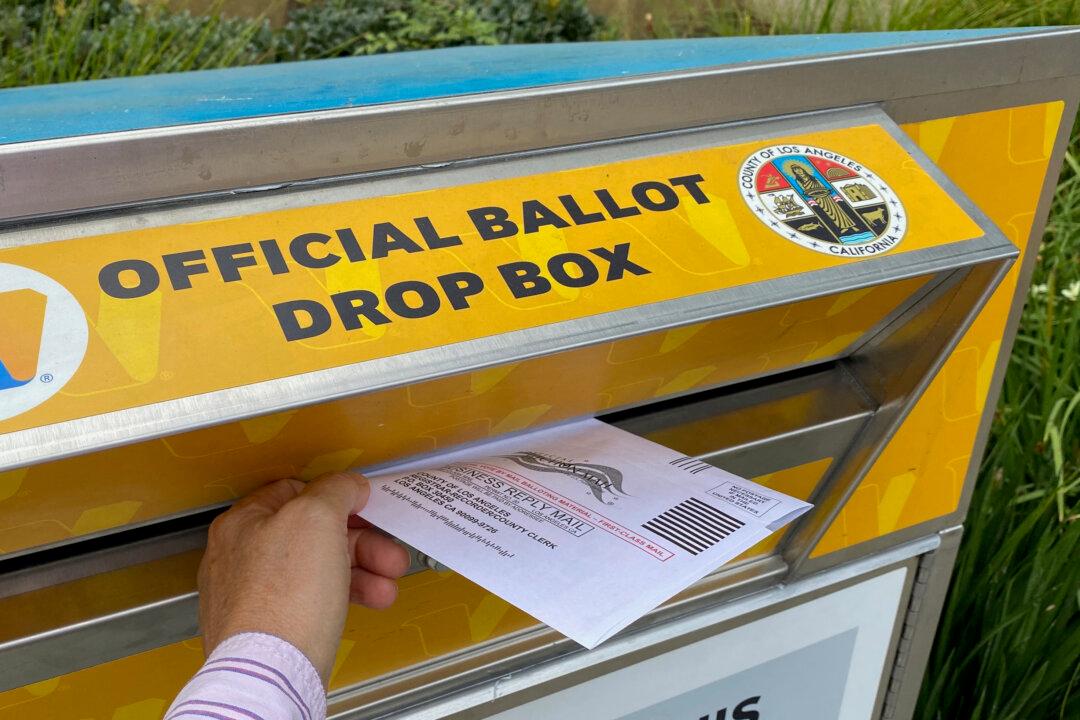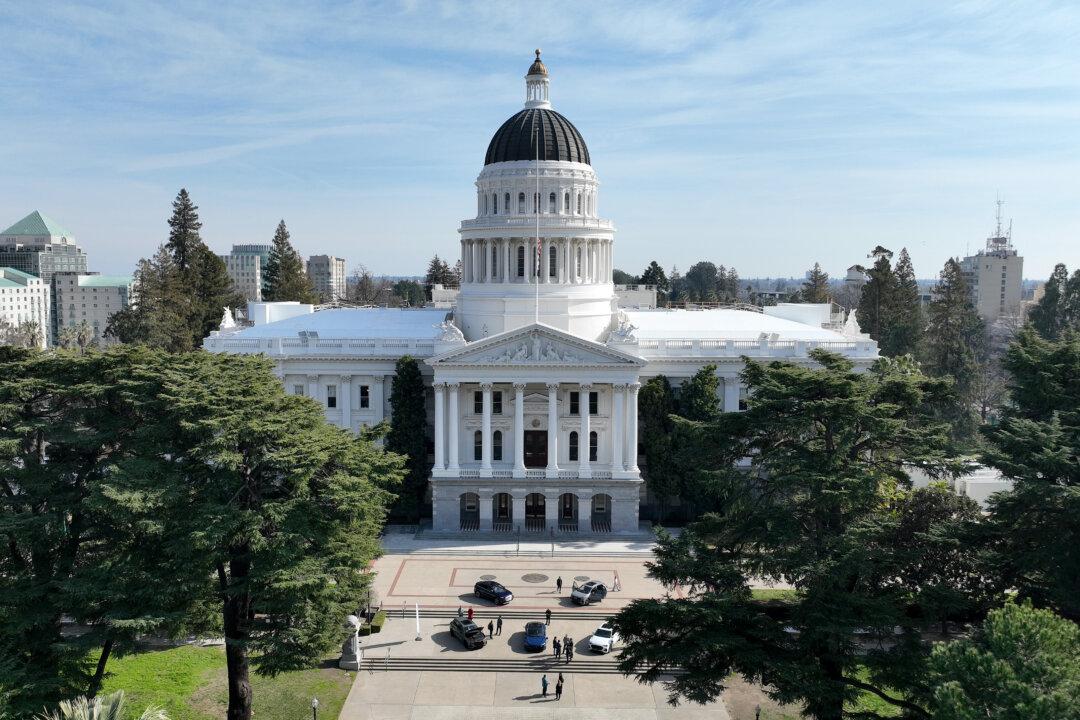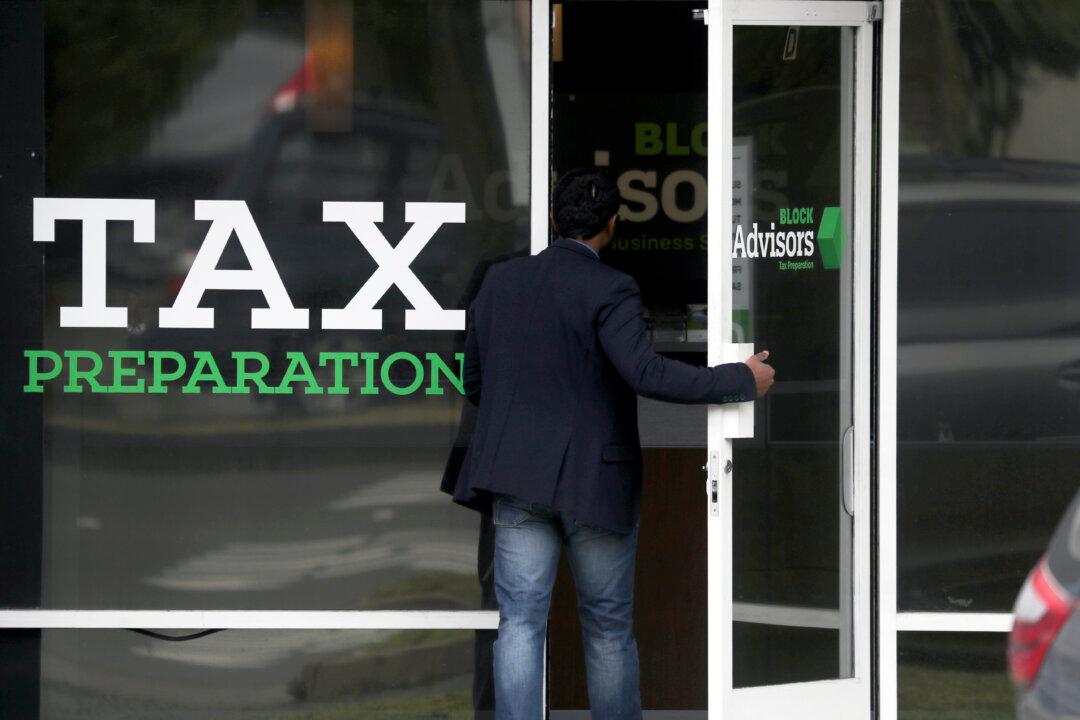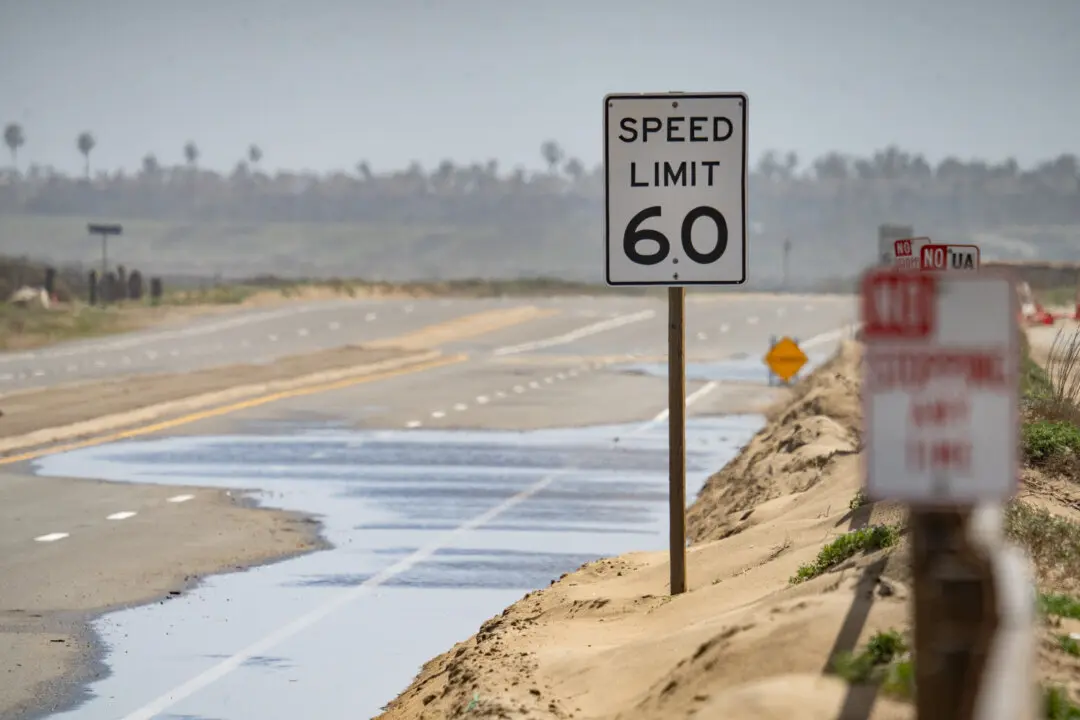Two California state legislators are calling for a reform of California’s provisions for recall elections, describing the current system as “flawed.”
The announcement came a day after the Sept. 14 recall election of incumbent Gov. Gavin Newsom. According to unofficial results from the night after the election, Newsom’s position as governor survived the recall effort.





